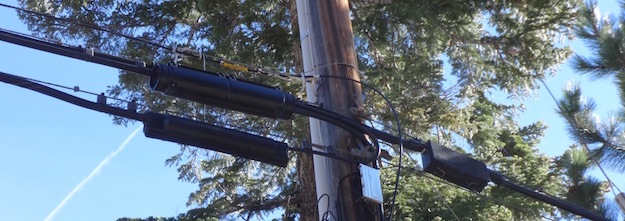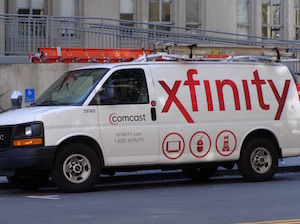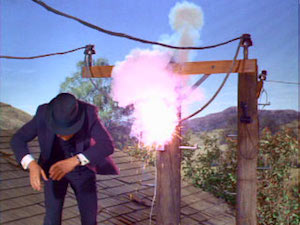CPUC votes to challenge incumbents' pole, conduit blockades

Utility poles and underground conduit could shift from the tight control of a handful of monopoly electric and telecoms companies to a more broadly managed public resource in California. Yesterday, the California Public Utilities Commission unanimously decided to require incumbent telecoms companies to disclose where their middle fiber networks go and how to connect to them, and to begin the process of writing rules to make it easier for competitors to gain access to poles, conduit and other infrastructure that’s installed in the public right of way.… More


![By Alvandria [CC BY-SA 4.0 (https://creativecommons.org/licenses/by-sa/4.0)], via Wikimedia Commons](https://www.tellusventure.com/images/2016/11/alphabet_chart.jpg)


![By Damon J. Moritz (https://www.navy.mil/view_image.asp?id=19038) [Public domain], via Wikimedia Commons](https://www.tellusventure.com/images/2016/11/fumble.jpg)
![By Noclip (Own work) [Public domain], via Wikimedia Commons](https://www.tellusventure.com/images/2016/11/capitol_hill.jpg)


